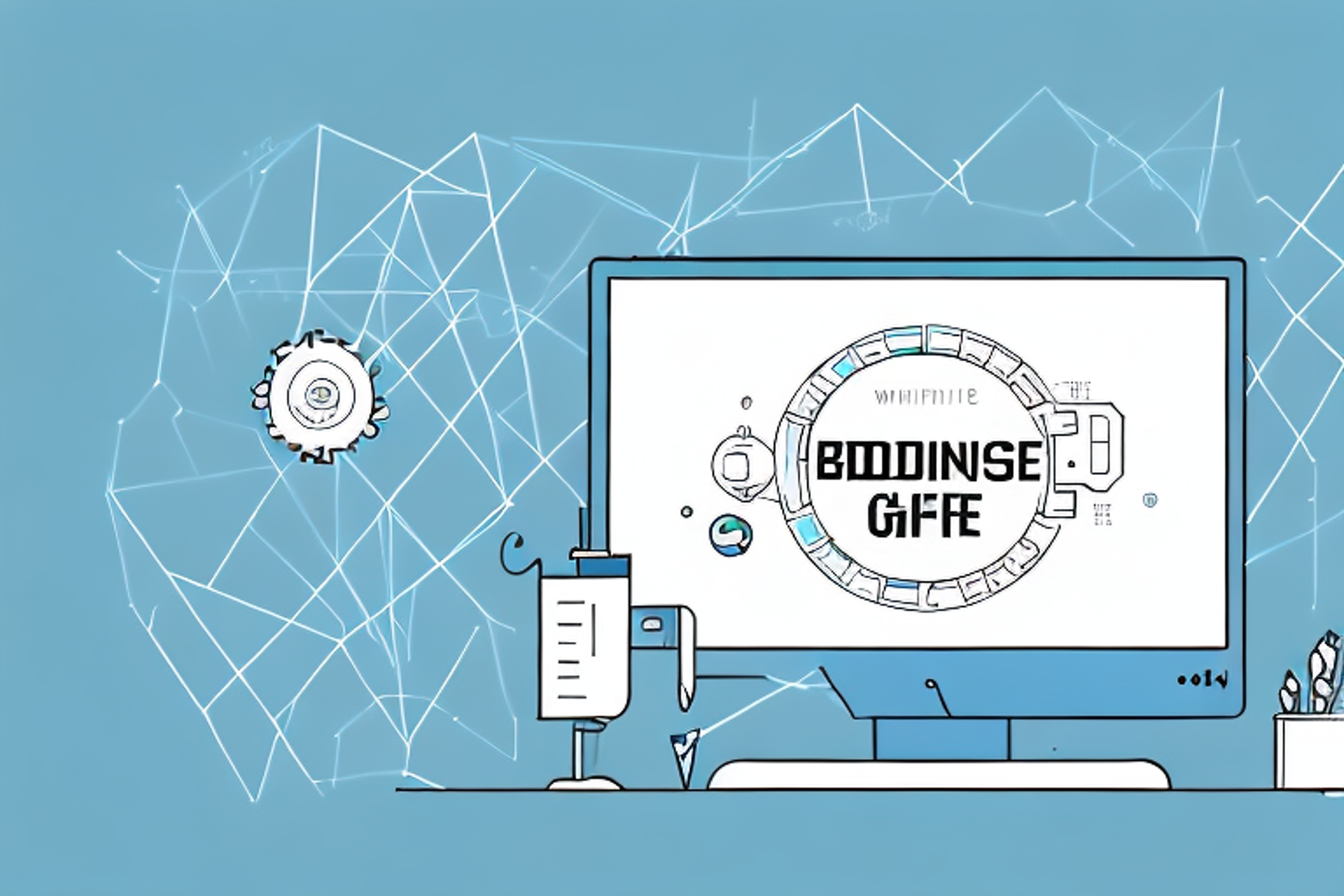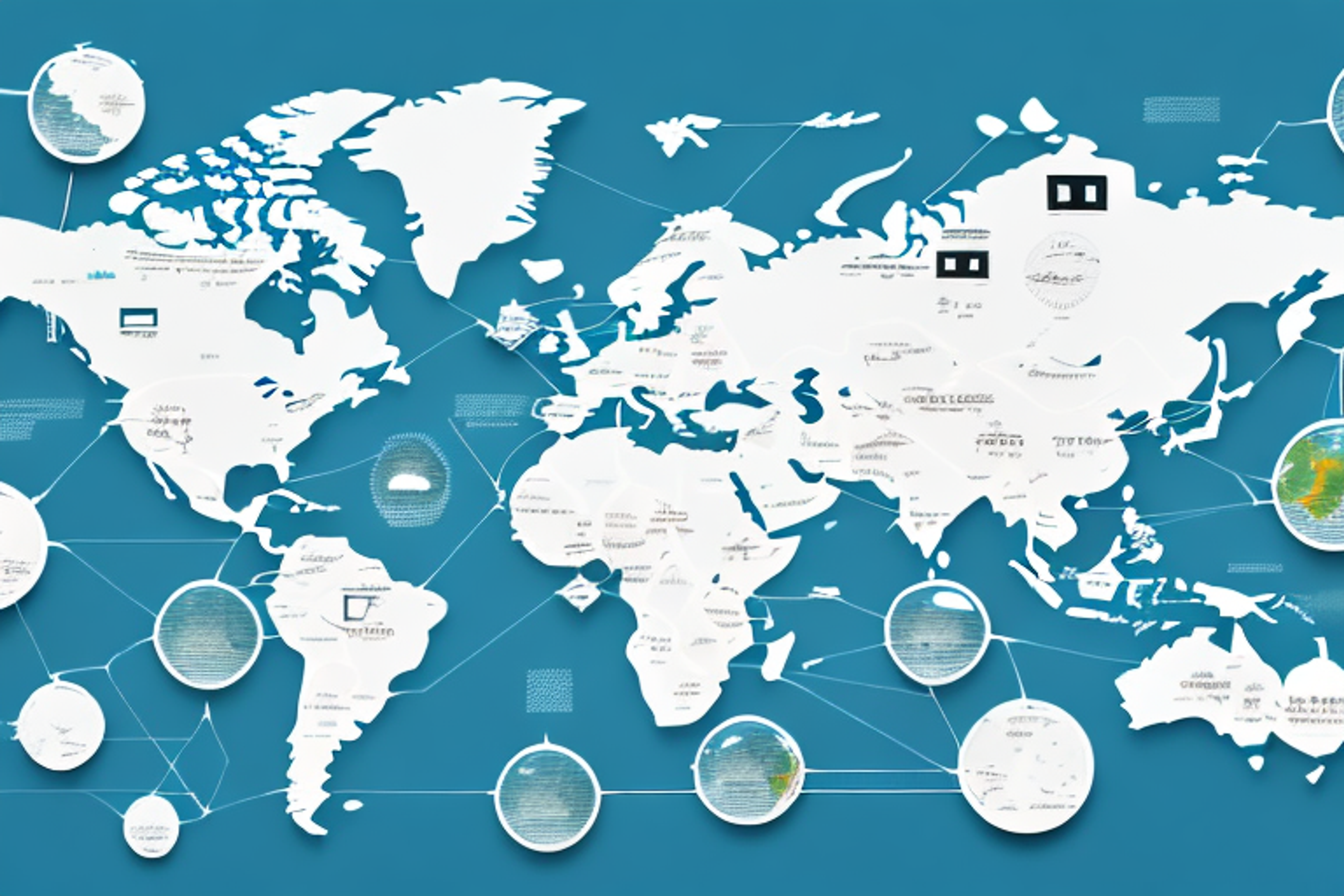Breaking Barriers: Inspiring Stories of Underrepresented Individuals Succeeding in Software Engineering
Discover the inspiring stories of underrepresented individuals who have broken barriers and succeeded in the field of software engineering.
Posted June 13, 2025

Table of Contents
Software engineering has traditionally been a male-dominated field, but individuals from underrepresented groups are making strides in this industry. These individuals come from different backgrounds, have faced various obstacles to get to where they are today, and are undoubtedly leaving an indelible mark in the tech industry.
Diversity in Software Engineering: Why Representation Matters
Representation in software engineering matters. It's crucial for underrepresented individuals to see themselves in positions where they can contribute their skills and ideas and make a difference. When people see someone who resembles them or comes from a similar background succeed, they become more motivated to pursue similar careers. This act of representation can create a cycle of success for many years to come.
Furthermore, diversity in software engineering leads to a wider range of perspectives and ideas. When teams are made up of people from different backgrounds, they bring unique experiences and knowledge to the table. This can lead to more creative problem-solving and innovative solutions. It also helps to avoid groupthink, where everyone on the team has similar ideas and approaches to a problem.
However, despite the importance of diversity in software engineering, the industry still has a long way to go. Women and people of color are still underrepresented in the field, and there are often barriers to entry for those who don't have access to the same resources and opportunities as others. It's important for companies and organizations to actively work towards creating a more inclusive environment and providing equal opportunities for all individuals to succeed in software engineering.
Overcoming Obstacles: How Underrepresented Individuals are Shaping the Future of Tech
Individuals from underrepresented groups who have made it in software engineering did not have it easy. Some have had to deal with social and cultural prejudices, stereotypes, and unconscious biases in the industry. However, these obstacles didn't discourage them. Instead, they found unique ways to develop their programming skills and gain experience, rose above the challenges, and are now making significant contributions to the tech industry.
One of the ways underrepresented individuals are shaping the future of tech is by creating their own startups. Many have found it difficult to break into established tech companies due to the lack of diversity and inclusion. As a result, they have taken matters into their own hands and started their own companies, which not only provide them with a platform to showcase their skills but also create job opportunities for others from underrepresented groups.
Another way underrepresented individuals are making a difference in the tech industry is by becoming advocates for diversity and inclusion. They are using their positions of influence to raise awareness about the challenges faced by underrepresented groups and to push for change. They are also mentoring and supporting others from similar backgrounds, providing them with the guidance and resources they need to succeed in the industry.
The Importance of Inclusion: How Companies Can Create a Welcoming Environment for Everyone
Inclusion plays an essential role in creating a supportive environment for everyone in the tech industry. Fostering an inclusive workplace requires companies to evaluate and modify their hiring, promotion, and company policies, ensuring that individuals from diverse backgrounds are included and valued. Organizations that value their employees' diverse perspectives and experiences can continue to foster and nurture a more creative and innovative workforce.
Moreover, creating an inclusive workplace not only benefits the employees but also the company itself. Studies have shown that diverse teams are more productive and have higher levels of employee satisfaction. In addition, companies that prioritize diversity and inclusion are more likely to attract and retain top talent, as individuals are increasingly seeking out workplaces that align with their values and beliefs. By creating a welcoming environment for everyone, companies can not only improve their bottom line but also contribute to a more equitable and just society.
From Struggle to Success: Tales of Triumph from Underrepresented Software Engineers
Stories of underrepresented software engineers triumphing against all odds are worth telling. These individuals have overcome major challenges, such as inadequate resources, an unwelcoming industry culture, and lack of access to opportunities. They have become role models for others, illustrating the rewards of persistence, hard work, and determination in building a successful career in software engineering.
One of the most inspiring stories is that of Jane, a Latina software engineer who grew up in a low-income family. Despite facing financial difficulties, she pursued her passion for coding and eventually landed a job at a top tech company. She now mentors other underrepresented individuals and advocates for diversity and inclusion in the tech industry.
Another success story is that of Ahmed, a Muslim software engineer who faced discrimination and prejudice in the workplace. He refused to let this hold him back and instead used his experiences to fuel his drive for success. He now leads a team of developers and is a vocal advocate for creating a more inclusive and welcoming environment for all individuals in the tech industry.
Navigating Biases in the Workplace: Tips for Underrepresented Individuals in Tech
Underrepresented individuals in software engineering can face several biases in the workplace. Some of these biases can be subtle, while others are more overt, making it difficult to succeed. However, there are ways to navigate and overcome such biases, such as seeking support from peers, creating a network of strong mentors, and continuously developing oneself through technical skills and non-technical knowledge.
It is also important for underrepresented individuals in tech to advocate for themselves and their work. This can include speaking up in meetings, sharing their ideas and contributions, and seeking out opportunities for recognition and advancement. Additionally, seeking out allies within the company who can help amplify their voices and advocate for their success can be beneficial. By taking proactive steps to navigate biases and advocate for themselves, underrepresented individuals in tech can create a more inclusive and equitable workplace for all.
The Power of Mentorship: How Successful Engineers are Paving the Way for the Next Generation
Having a mentor is crucial for success in software engineering. Those who have achieved success are in a prime position to help build the next generation of software engineers. By sharing their wealth of knowledge and experience, they can help break the barriers facing underrepresented groups and offer guidance on how to navigate the industry. This mentorship can go a long way in helping future software engineers reach their full potential.
One of the key benefits of mentorship is the opportunity for mentees to learn from their mentor's mistakes. Experienced engineers can offer valuable insights into the challenges they faced and how they overcame them. This can help mentees avoid making the same mistakes and accelerate their learning process.
Mentorship also provides a platform for networking and building relationships within the industry. Mentors can introduce their mentees to other professionals in their network, opening up new opportunities for career growth and development. This can be especially beneficial for underrepresented groups who may not have as many connections in the industry.
Creating Change: Organizations and Initiatives Advocating for Diversity in Tech
Several organizations and initiatives are dedicated to promoting diversity and inclusion in the tech industry. These groups are working to challenge stereotypes and barriers, create awareness of the importance of diversity in technology, and provide supportive spaces for underrepresented groups. Through their efforts, these organizations are helping to create a more equitable tech industry.
One such organization is Girls Who Code, which aims to close the gender gap in technology by providing girls with the opportunity to learn coding skills and gain exposure to tech careers. Another initiative is Code2040, which focuses on increasing the representation of Black and Latinx individuals in the tech industry through mentorship, networking, and career development programs. These organizations and initiatives are just a few examples of the many efforts being made to promote diversity and inclusion in tech, and their impact is crucial in creating a more diverse and equitable industry.
Addressing the Pipeline Problem: What Needs to be Done to Encourage More Underrepresented Individuals to Pursue Careers in Software Engineering
Encouraging more underrepresented individuals to pursue careers in software engineering starts with addressing the pipeline problem. This includes providing opportunities for early exposure to technology, providing equitable access to technical education, and creating pathways that allow underrepresented individuals to qualify for software engineering jobs. Addressing these issues can create a more diverse and inclusive pipeline for the industry.
Beyond Tokenism: How Companies Can Move Beyond Diversity as a Check Box and Truly Embrace Inclusion
Companies must move beyond just checking the diversity box and genuinely prioritize inclusion. This requires making intentional decisions about hiring, training, promotion, and company culture. Such efforts can help create a more welcoming work environment that supports all individuals in pursuing and developing their career in software engineering.
Breaking barriers in software engineering to cultivate a more diverse and inclusive industry is crucial. As we continue to move forward, it's important to acknowledge the contributions of underrepresented individuals, provide spaces for their voices to be heard, and recognize the unique value they bring. With collective efforts towards diversity and inclusion, we can create a more inclusive tech industry.











